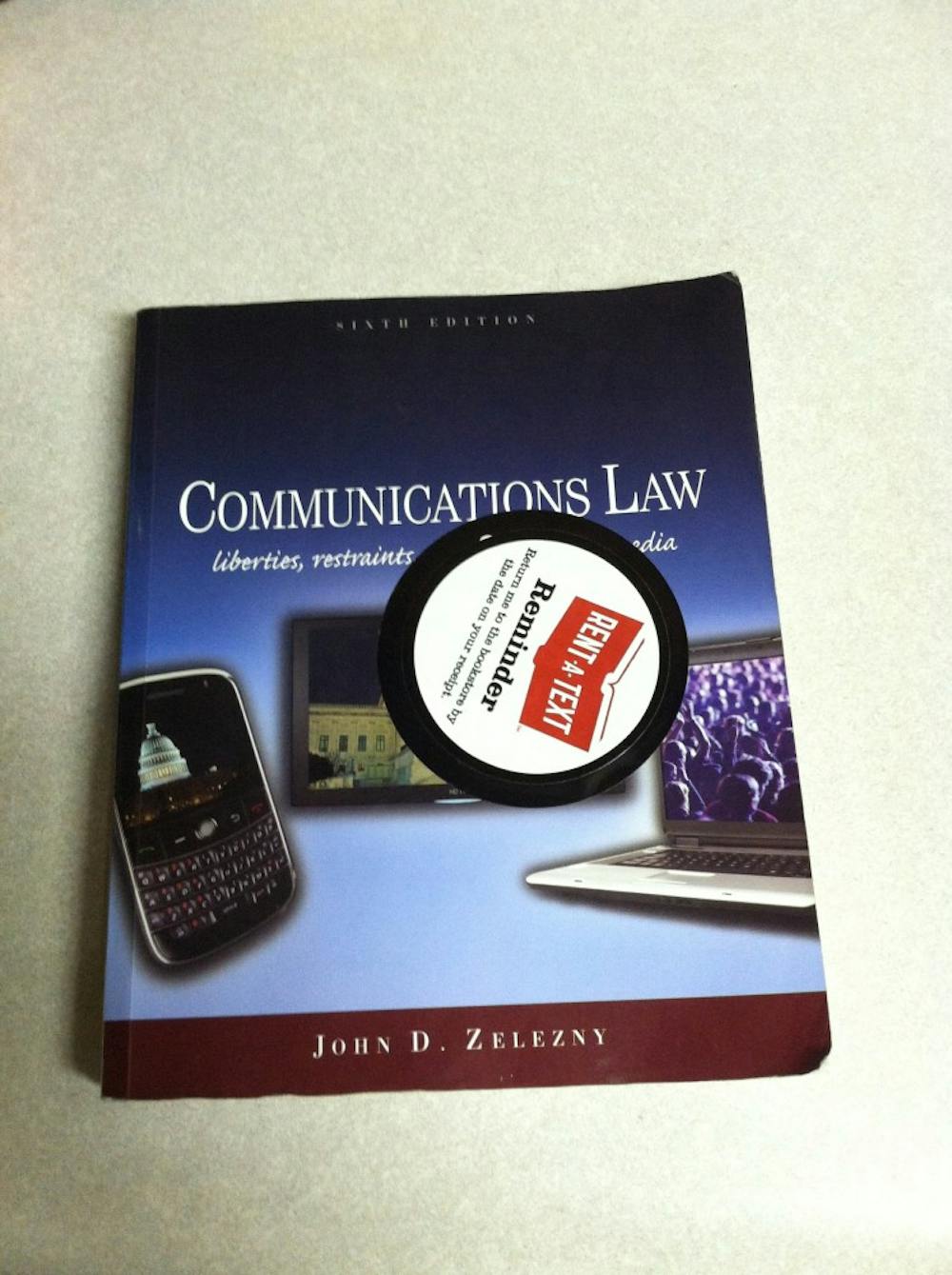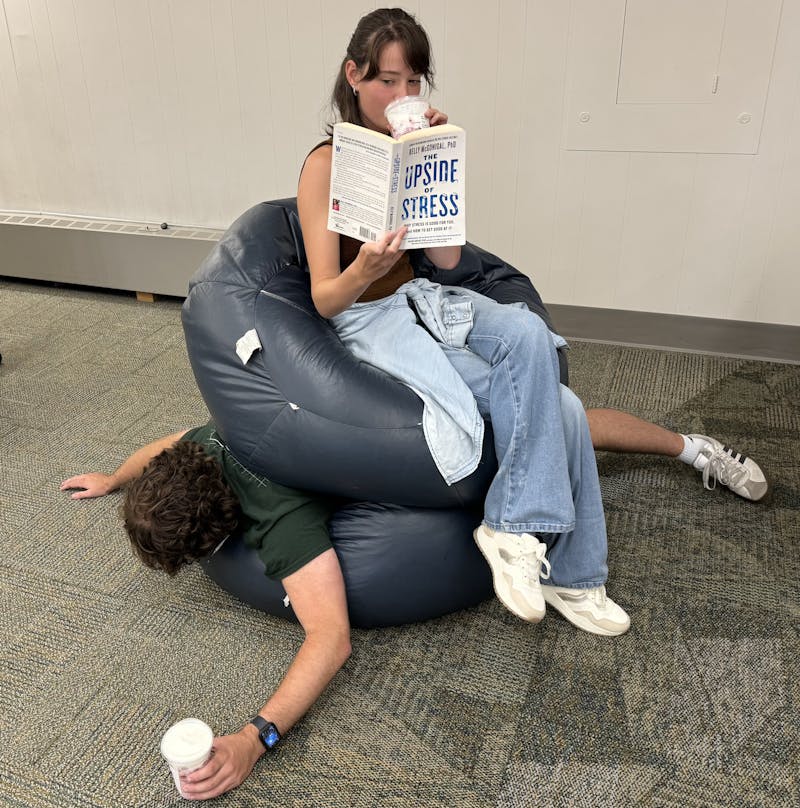Now that spring break has officially come and gone, students are shaking off the rust that quickly built up during break in order to grind out the last few weeks of the semester.
This final stretch tends to be hectic with finishing up projects and papers while the dreaded finals loom in the near future. However, following the conclusion of finals, students are faced with yet another set of puzzling questions: what should they do with their textbooks? In addition, returning students are faced with the decision of how they are going to obtain their books for the upcoming semester.
According to Sarah Krause, Shippensburg University bookstore manager, renting is the best option for students as it provides the students with savings up front rather than gambling at the end of the semester during buybacks.
Krause also explained that the rental program has been growing in popularity among SU students as the percentage of books rented jumped from 27 percent last spring to 40 percent this spring. With the increase in rentals, students are also saving more money.
“Students opting for rental save, on average, 50 percent or more compared to purchasing new,” Krause said. “Since the new store [the new company is now Follett] opened in July of 2011, the rental program has saved students here at Shippensburg University more than $1.3 million in textbook costs.”
However, some may be hesitant to rent their textbooks because they are afraid to take notes or make marks in the book because they have to return them. But fear not. According to Krause, “[the students] can still highlight, and take notes in the margins as needed; they just bring it back to us by the last day of finals.”
To understand the pricing of books, Krause had to explain the factors that contribute to the cost of textbooks as well as the different options students have that alter the amount of money they dish out for each textbook.
First, Krause said the cost of textbooks is primarily set by the publishers. Therefore, Follett offers students several options to save money such as rental, digital, and used textbooks.
“Used books are sold at a discounted rate (generally around 25 percent) while renting a textbook via Rent-A-Text saves students, on average, 50 percent or more compared to purchasing a new textbook,” said Krause. “Follett’s digital textbook platform Café Scribe also offers discounts of 40-60 percent off the cost of purchasing new.”
The question then becomes how much money does a student receive when they are trying to sell a textbook back to the bookstore?
According to Krause, if a textbook is being used again the following semester the bookstore will buy the book back for 50 percent of the cost. However, if the bookstore does not receive a book order from a faculty member saying that the book will be used again, then the bookstore will buy the book back for up to 30 percent.
“Buyback is driven purely by demand of book usage,” Krause said.
However, Krause said the bookstore cannot buy back loose-leaf books or books that are bundled with an access code if the access code is required.
Because buybacks are based on local demand, Krause explained when to sell books back for classes that are only offered one semester per year. Krause described that if a class is only taught in the spring, then the best option for the student would be to sell the book back following the end of the next fall semester when the book is needed the most.
Another method for cutting textbook costs for students is through local rentals. According to Krause, local rentals are when a book is not automatically rentable, but a faculty member works with the bookstore to make the text rentable in order to cut costs for the student. An example of this would be an old edition textbook that a faculty member wishes to continue to use.
“Eight faculty members participate in local rentals,” Krause said. “This program has saved students over $11,000 so far for the past two semesters.”
Essentially, Krause says that there are many myths and misconceptions with regards to the bookstore; however, she says that they are there for the students and that they want to find the cheapest options for them.
“Our goal is to become your university store, not just a bookstore,” Krause said.




The Slate welcomes thoughtful discussion on all of our stories, but please keep comments civil and on-topic. Read our full guidelines here.